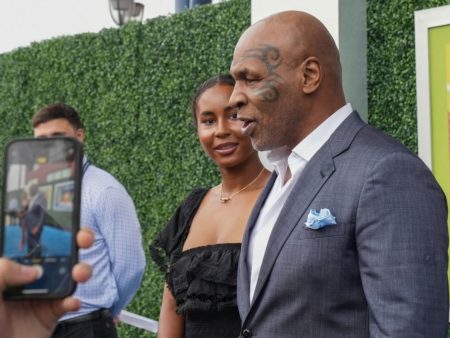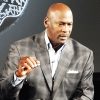Recognizing and Managing Emotional Triggers in Poker: Stay Calm and Protect Your Chips
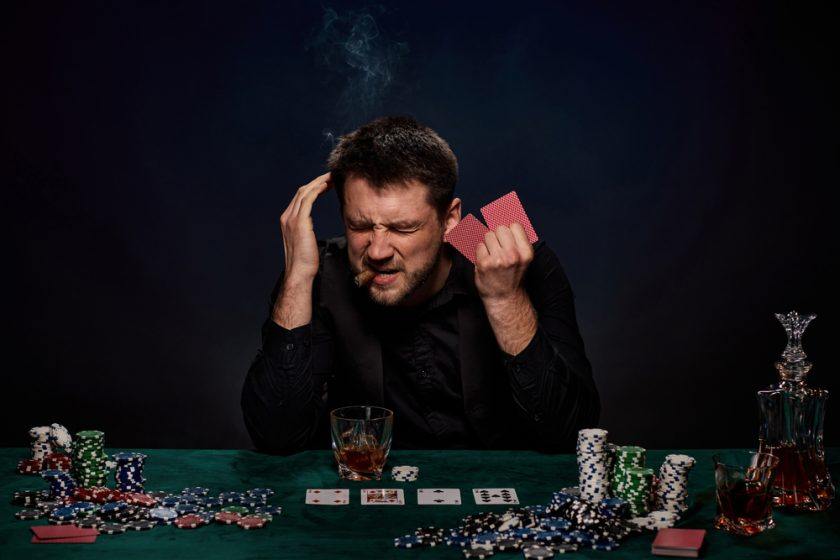
What You Will Gain from This Guide
If you’re serious about excelling at poker, mastering your emotions is as crucial as knowing your outs and pot odds. In this article, you’ll discover:
– How to spot your personal emotional triggers that lead to costly decisions at the table
– Reflection habits that help you learn from tough sessions and turn emotion into insight
– The importance of self-kindness and why negative self-talk can wreck your game
– Visualization techniques to prepare mentally—and respond with composure in real time
– Practical methods to harness your emotions so you build inner strength and resilience, no matter how long the game lasts
Understanding Emotional Meltdowns: The Domino Effect in Poker
Every player has experienced it: one unlucky hand, a painful beat, the sting of a two-outer on the river—suddenly your composure slips. You chase a questionable bluff, then misplay top pair not long after. Before you realize, your game unravels.
This isn’t just a streak of bad luck or simple strategic errors. More often, these moments are triggered by unchecked emotional responses—silent saboteurs that can derail your best intentions.
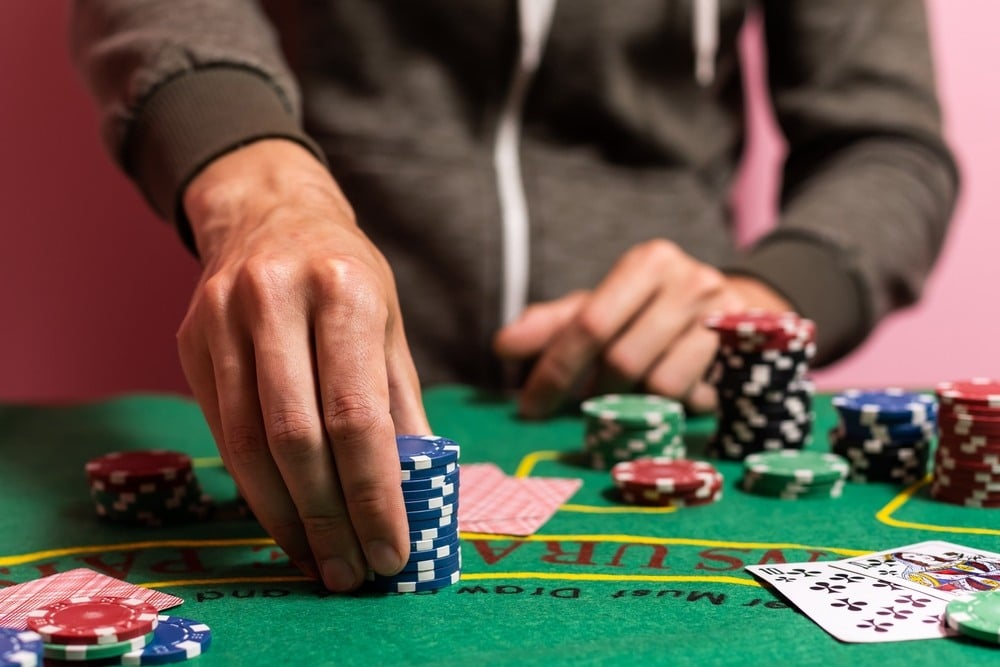
Image Credit: Andrew Angelov/Shutterstock
Why Emotional Triggers Matter More Than Tilt
Many poker players focus on combating “tilt,” but by the time you’re on tilt, the real damage is underway. The crucial step is to recognize what’s happening inside you before it turns into a total emotional meltdown.
Emotional triggers are the subtle incidents or feelings that set off that chain reaction—often before you’re even aware of it. A slight, a loss, or a challenge to your ego can override your logic, pushing you into autopilot mode.
To elevate your game long-term, it’s critical to:
– Identify the unique emotional triggers that push your buttons
– Learn how to neutralize them before they seize control of your decisions
That’s the focus of this guide.
Defining Emotional Triggers in the Poker Arena
An emotional trigger in poker refers to anything—big or small—that sparks a rapid, strong emotional response. This can brew internally (such as sudden anger or shame) or manifest externally (like pushing chips aggressively or talking back at the table).
Triggers are often invisible until they cause you to make decisions you wouldn’t otherwise make. Sometimes it’s an outrageous suckout, sometimes it’s the subtle feeling of being challenged or shown up.
Typical Emotional Triggers Poker Players Face
– Getting outplayed or bluffed in key situations
– Losing to improbable draws or suffering coolers when odds were in your favor
– Making mistakes under the watchful eyes of others, especially in live settings or on stream
– Encountering bad sportsmanship, angle shooting, or rude trash talk
– Playing at stakes that stretch your comfort zone financially
– Sensing disrespect, being repeatedly targeted, or underestimation by opponents
– Enduring long losing streaks, where one more bad beat feels unbearable
Sometimes these triggers are glaringly obvious, but more often, they begin as fleeting thoughts or minor frustrations. If ignored, they can escalate and sabotage your ability to make rational, strategic choices.
How Emotional Triggers Erode Your Poker Strategy
A brief surge of annoyance might feel harmless. But the true problem lies in how emotional triggers influence your decision-making processes. When triggered, your body’s fight-or-flight response kicks in, hijacking your rational mind—the very tool you rely on to play your best poker.
You may notice a shift:
– Careful analysis is replaced with impulsive moves
– Strategic thinking gives way to reactive play
– Curiosity is overtaken by stubbornness
This mindset easily leads to mistakes such as:
– Overplaying mediocre hands in an attempt to regain control
– Launching aggressive bluffs right after a loss or error to “even things out”
– Making light or overly cautious calls due to second-guessing your instincts
– Targeting a specific opponent instead of focusing on optimal play
– Abandoning your carefully developed strategy to chase emotional satisfaction
The catch? Most players don’t notice they’re triggered until after a questionable play or a mounting loss. While you can’t always prevent the initial emotional response, you can practice spotting it before it spirals.
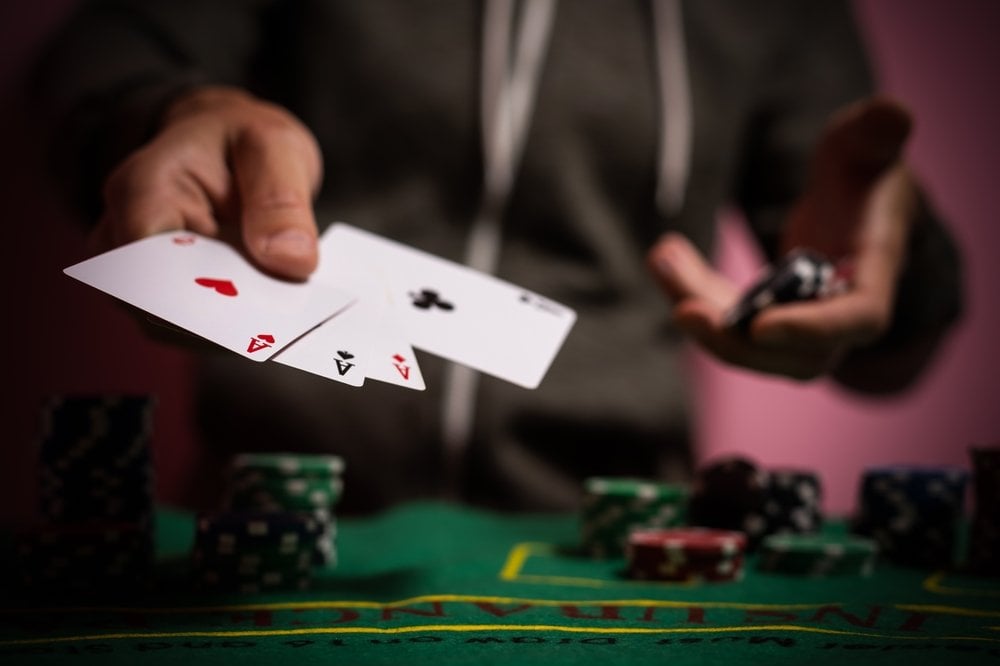
Image Credit: Andrew Angelov/Shutterstock
How to Recognize Your Own Emotional Triggers
Awareness is the first step toward change. Most players only realize they’re triggered in hindsight—often after the bankroll takes a hit. The real skill is learning to spot the warning signs before emotion dictates your actions.
Self-Assessment: Reveal Your Triggers with These Questions
Ask yourself after sessions (or even mid-game):
– Which types of hands or behaviors at the table irritate me most? (e.g., repeated bluffs, frequent suckouts, feeling disrespected)
– At what moment do I stop making thoughtful plays and start reacting emotionally?
– What signals—physical or mental—do I notice before I abandon my A-game? (racing heart, rapid decisions, abrupt changes in talkativeness)
– Am I focused on making the best decisions, or just trying to get even?
Create a Trigger Log
After each poker session, jot down the following:
– Any moment that generated a surge of emotion
– What prompted that feeling
– How your play shifted as a result
– Your immediate response (and if it helped or hurt your results)
Patterns will emerge, giving you areas to work on. The more you make your triggers visible, the less power they hold over your game.
Poker in Action: Real-Life Trigger Examples
Let’s break down some scenarios where emotional triggers can derail play if left unchecked.
The Revenge Call
Calling a river bet with a weak hand because you recall getting bluffed earlier by the same opponent—not because the situation warrants it, but as payback.
The Unfair Beat Syndrome
After a loss in a spot where you were the favorite, feeling a need to “win it back,” leading to overbets and unnecessary risks.
The Ego Defense Mechanism
Responding with aggression or ill-timed moves when targeted by a perceived bully or someone who keeps putting you in tough spots, all to restore your pride.
The Accumulated Frustration Explode
After a long session full of uncomfortable spots, unleashing poor plays not because of one hand, but due to built-up emotional exhaustion.
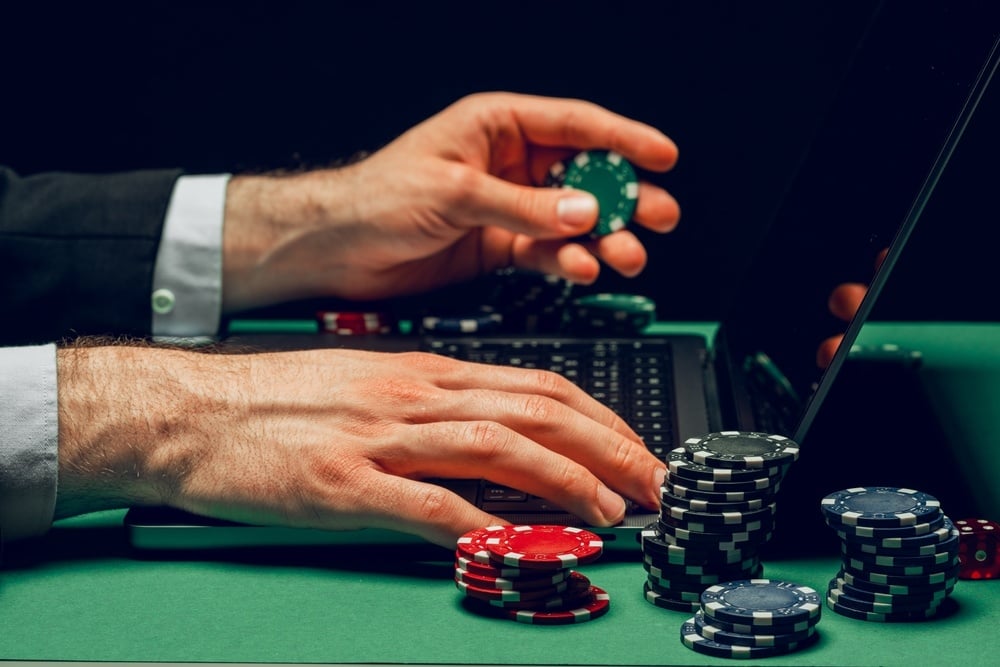
Image Credit: FabrikaSimf/Shutterstock
The Crucial Lesson: Emotional Triggers Aren’t Always Explosive
Not every emotional reaction is obvious rage or a dramatic chip-throw. Most often, triggers show up as seemingly logical but ultimately flawed lines of reasoning—justifications for stray from sound play.
The more you question “why” you’re about to make a move, the easier it becomes to avoid a chain reaction of errors.
Practical Tactics: Techniques to Defuse Emotional Triggers
Awareness is only the beginning; the real edge comes from in-the-moment emotional management. Try integrating these techniques into your toolkit next time you feel a wave of emotion rising.
Name and Distance the Emotion
Before you react, silently label your feeling—whether it’s frustration, fear, entitlement, or ego. By naming the emotion, you create mental distance and regain agency over your actions.
The 6-2-7 Breathing Reset
Trigger your body’s calming response:
– Inhale deeply through the nose for 6 seconds
– Hold your breath for 2 seconds
– Exhale slowly through the mouth for 7 seconds
This method slows your pulse and resets your nervous system, helping you regain mental clarity.
Let Go of Destructive Narratives
When you notice thoughts like “he’s always picking on me” or “I never get lucky,” pause and remind yourself: That’s just a story, not the full reality of the moment.
Refocus on making one solid decision at a time, regardless of past history at the table.
The Decision Checkpoint
When you feel uncertain, mentally pause and ask:
– What would my strategy guide me to do here?
– If I wasn’t feeling emotional, what choice would I make?
This step adds a vital moment of reflection, allowing you to realign with your optimal game plan.
Strengthening Your Emotional Game Away from the Felt
Even elite players experience emotional turbulence. The difference is, they anticipate and train for it so that triggers don’t dictate their fate during a session.
Off-table preparation is essential because emotional conditioning is difficult to do mid-play. Invest a few minutes after each game into reviewing your emotional reactions—just like you’d analyze hands.
Post-Session Reflection Prompts
After each game, ask yourself:
– What specific moments triggered my emotions?
– How did I react—both externally and internally?
– What would I like to handle differently next time?
With repetition, these answers will become a valuable mental map, highlighting your key areas for growth.
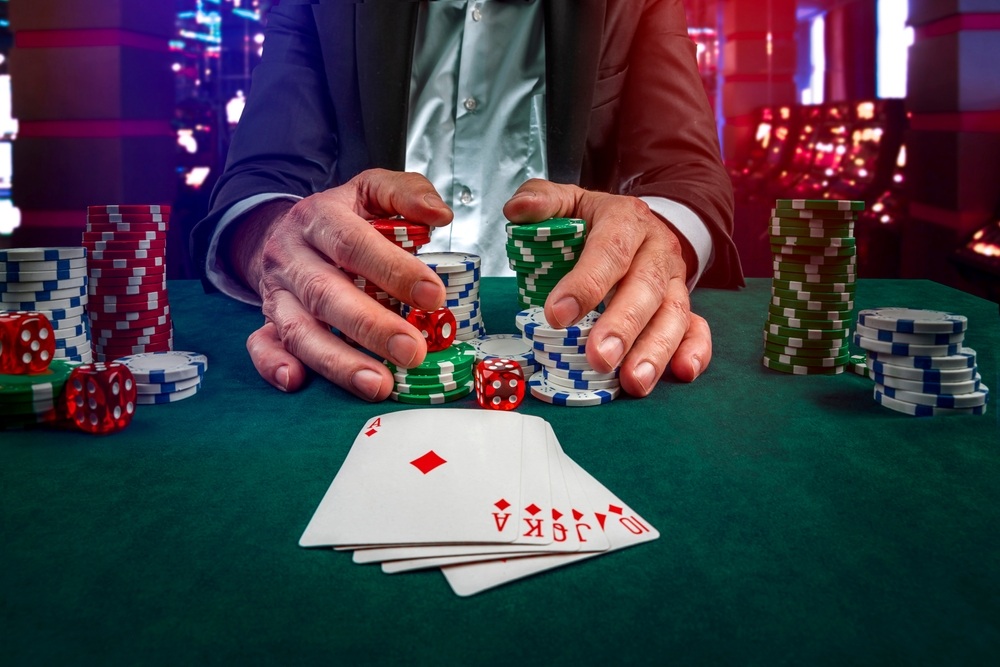
Image Credit: TSViPhoto/Shutterstock
Build Yourself Up, Don’t Tear Yourself Down
It’s a common myth that emotion signals weakness. In reality, feeling deeply about poker means you’re invested. The key is trading self-punishment for self-compassion:
– Recognize that emotions are normal and natural for anyone who cares about improving
– Use positive self-talk to remind yourself that feeling pressure is just part of the process
– Commit to better handling, not perfection
This attitude helps foster true mental resilience.
Preparation: Visualize High-Pressure Responses
If you know certain hands or tournament situations tend to wind you up, mentally rehearse how you’ll handle them before you sit down. Imagine yourself using breathing techniques, labeling the feeling, and making process-focused decisions. This way, when the pressure is real, your practiced response comes naturally.
Prepared players bounce back faster and stay sharp longer in long tournaments or arduous cash game sessions.
Conclusion: Taking Charge of Your Poker Mindset
Poker is unpredictable. You can’t control your opponents, the cards, or how swiftly luck may turn. What you can control is your reaction when emotions run high.
Remember: emotional triggers are inevitable. They don’t reflect weakness—they prove that you care. The true challenge is spotting them early, creating a pause to reset, and choosing plays that align with your best long-term strategy, not just your momentary feelings.
Title Image Credit: Evgenyrychk/Shutterstock



